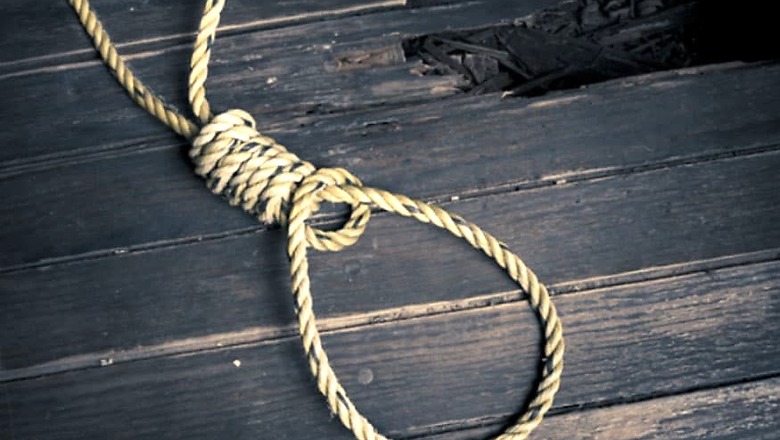
views
New Delhi: The year 2018 saw 162 persons sentenced to death by trial courts — the highest in nearly two decades.
With 22 death sentences, Madhya Pradesh topped the list, using the capital punishment mostly in cases of sexual assaults on children. Courts in Madhya Pradesh applied the 2018 amendments to the Indian Penal Code for handing out death penalty for the rape of girls below 12 years.
There were 16 death sentences in Maharashtra, followed by Karnataka and Uttar Pradesh that witnessed 15 capital punishments each last year.
The data form part of the third edition of ‘The Death Penalty in India: Annual Statistics 2018’, which has been released by Project 39A at National Law University, Delhi under the guidance of its executive director Dr Anup Surendranath.
While the trial courts handed out death sentences highest in number since 2000, the Supreme Court, in contrast, commuted death to life term in 11 cases. In its review jurisdiction, the apex court, however, confirmed death penalty for three convicts in the 2012 Delhi gang rape case.
Further, as on December 31, 2018, there are 426 prisoners on the death row. Madhya Pradesh, Uttar Pradesh and Maharashtra lead with 66 prisoners each on the death row.
There were no death sentences in some states such as Jammu and Kashmir, Goa and in six of the seven north-eastern states, excluding Assam.
Last year, the top court also saw some orders and judgments triggering fresh debates on the necessity and validity of death penalty. In one such judgment, Justice Kurian Joseph, who was in minority in a three-judge bench, called for reconsideration of the constitutionality of the capital punishment.
By a judgment in November last, the Supreme Court ruled against summary dismissal of appeals against death sentences and made it a necessary requirement for the courts to specify reasons in final orders.
By another judgment, the Supreme Court recognised the right of death row prisoners to access mental health care; meet mental health professionals at a reasonable frequency and for reasonable lengths of time, at all stages as part of their right to effective legal representation.
The death penalty project has been tracking death sentence cases across the country since 2016. “We hope that such regular documentation will contribute to more considered discussions on the death penalty in India,” stated the summary of the report released on Monday.




















Comments
0 comment